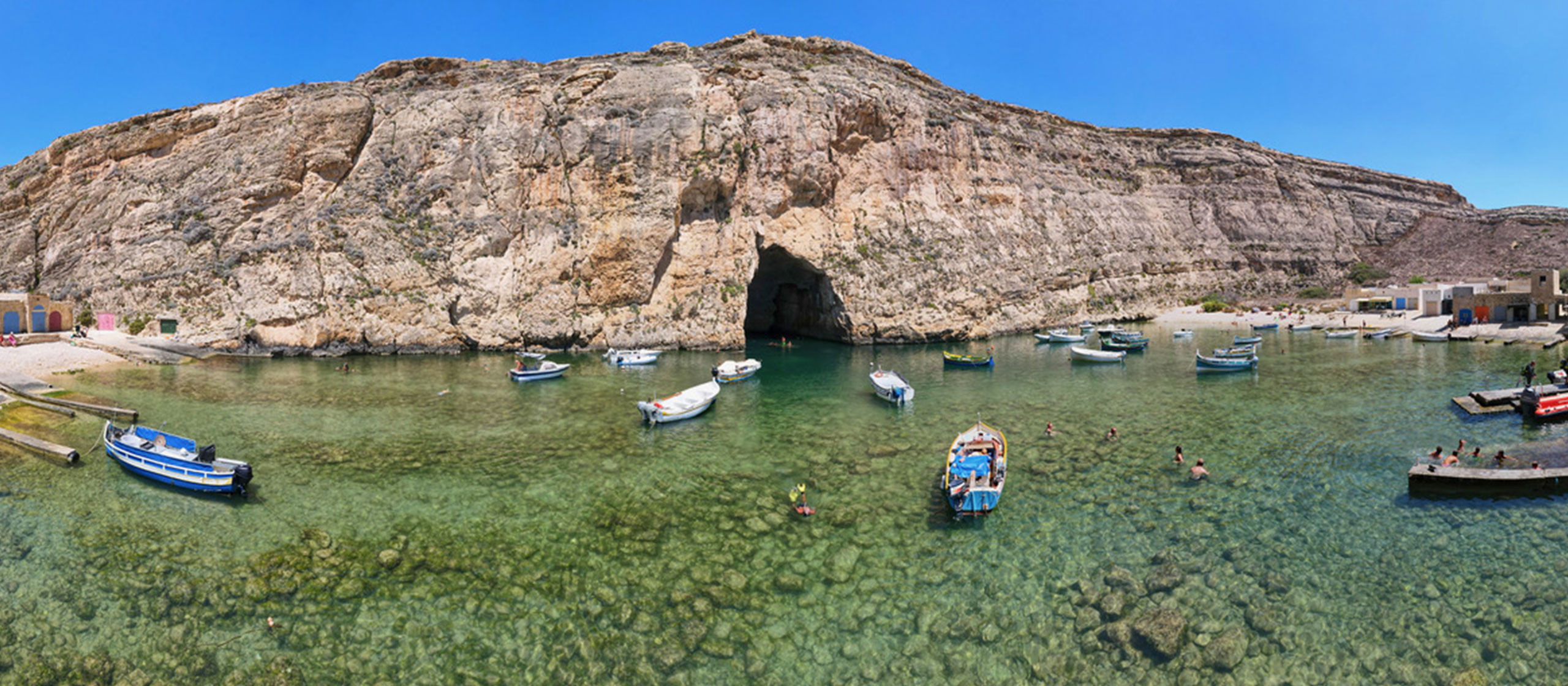Dive Travels
Planning a diving trip to Malta, defying the odds
Travelling abroad through 2020 seems to be challenging, and less compatible with diving plans. We dared to try anyway. This is a happy story about how we safely made it to Malta in COVID-19 times.
Our motivation
Thanks to the joint effort between DAN Europe, the Institute of Tourism Studies of Malta (ITS) and PDSA, this year the first Bachelor Degree of the diving industry will be launched.
As soon as we got to know it, we immediately planned to travel to Malta, to get to know more about this special program. In addition, being able to dive in one of the best-known destinations in the Mediterranean was undoubtedly a great motivation.
According to Malta’s Tourism Authority, Malta had 2.77 million inbound tourists in 2019. Approximately 6,5% of these dived during their visit. That’s about 182.000 divers per year, 15.160 per month, more than 500 per day! Not bad for a small archipelago with a total land area of only 316km².
The underwater diving tourism is continually growing in these islands, and we wanted to figure out why.
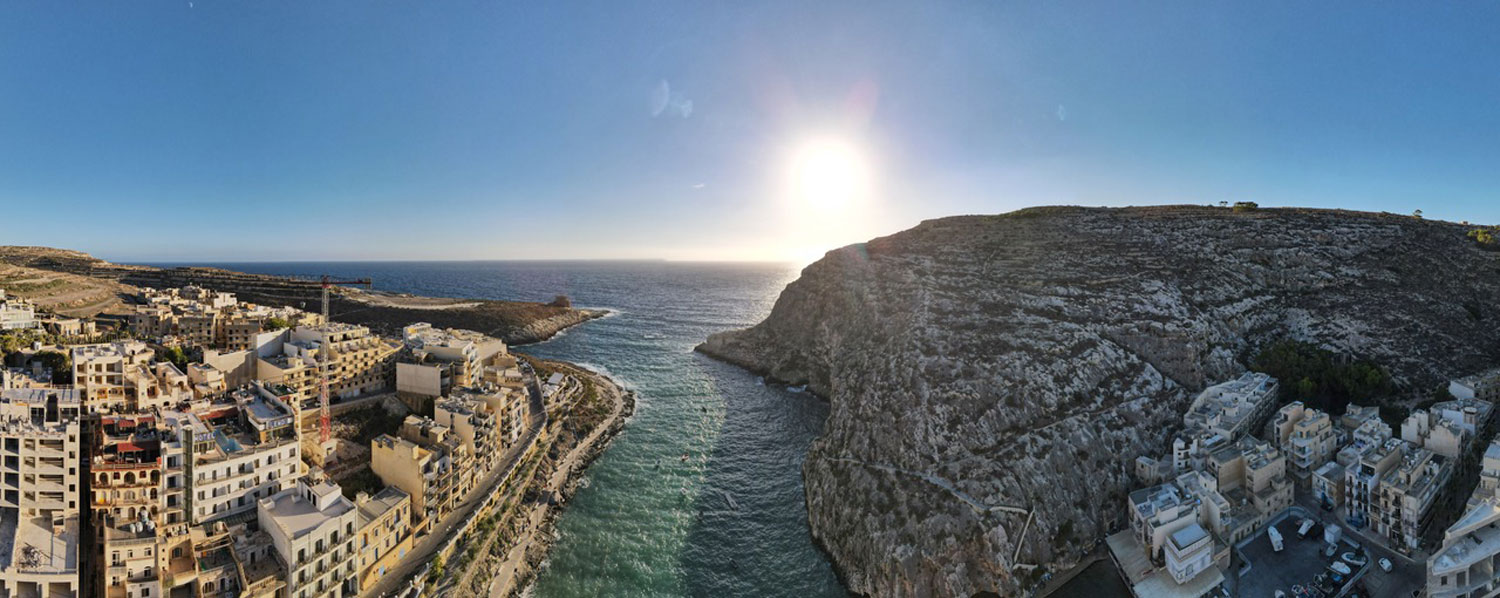
The 2020 challenge
Just a few days before our departure, there was an increase in COVID-19 cases in Malta. This was a warning flag for us, but not an impediment.
We believe that as long as you follow the suggested sanitary measures and act in a responsible way with your health and others, there is no reason to stop travelling. We would just need to be extra careful.
The trip was still on, although it became mandatory to present a negative Swab test result 72 hours prior to re-entering Italy, where we currently reside. So we rang Gozo’s hospital to arrange a Swab test once we were there.
We packed our scuba gear, got our DAN-Europe protective masks ready, and off we went to paradise!
A little bit of history
This small warm-weathered European archipelago is located in the center of the Mediterranean. It consists of three habitable islands – Malta, Gozo, and Comino, with an actual population of nearly 450.000 people. English and Maltese are the official languages. Malta has an ancient and fascinating history that makes the country even more attractive beyond its natural beauty. It is estimated that its first settlers arrived during the stone age, around the year 5000 BC. It’s believed that they came from the island of Sicily, the rest of Italy, and from North Africa.
Actually, some of the oldest free-standing temples built in the history of humankind, are located in Gozo. They are known as “The Ġgantija Temples” and are even older than the Pyramids of Egypt.
For its strategic maritime position, the country remained for several centuries under the control of a number of empires and civilizations, such as the Phoenicians, Romans, Arabs, French, and lastly, the British.
Malta finally achieved independence and became a Republic in 1964. Its capital city, Valletta, was one of the first European cities to be constructed on an entirely new site. Despite its small size, Valletta is packed with sites of historical significance and buildings dating back to the 16th century.
Walking around Malta really makes you feel like you’re in a huge open-air museum.
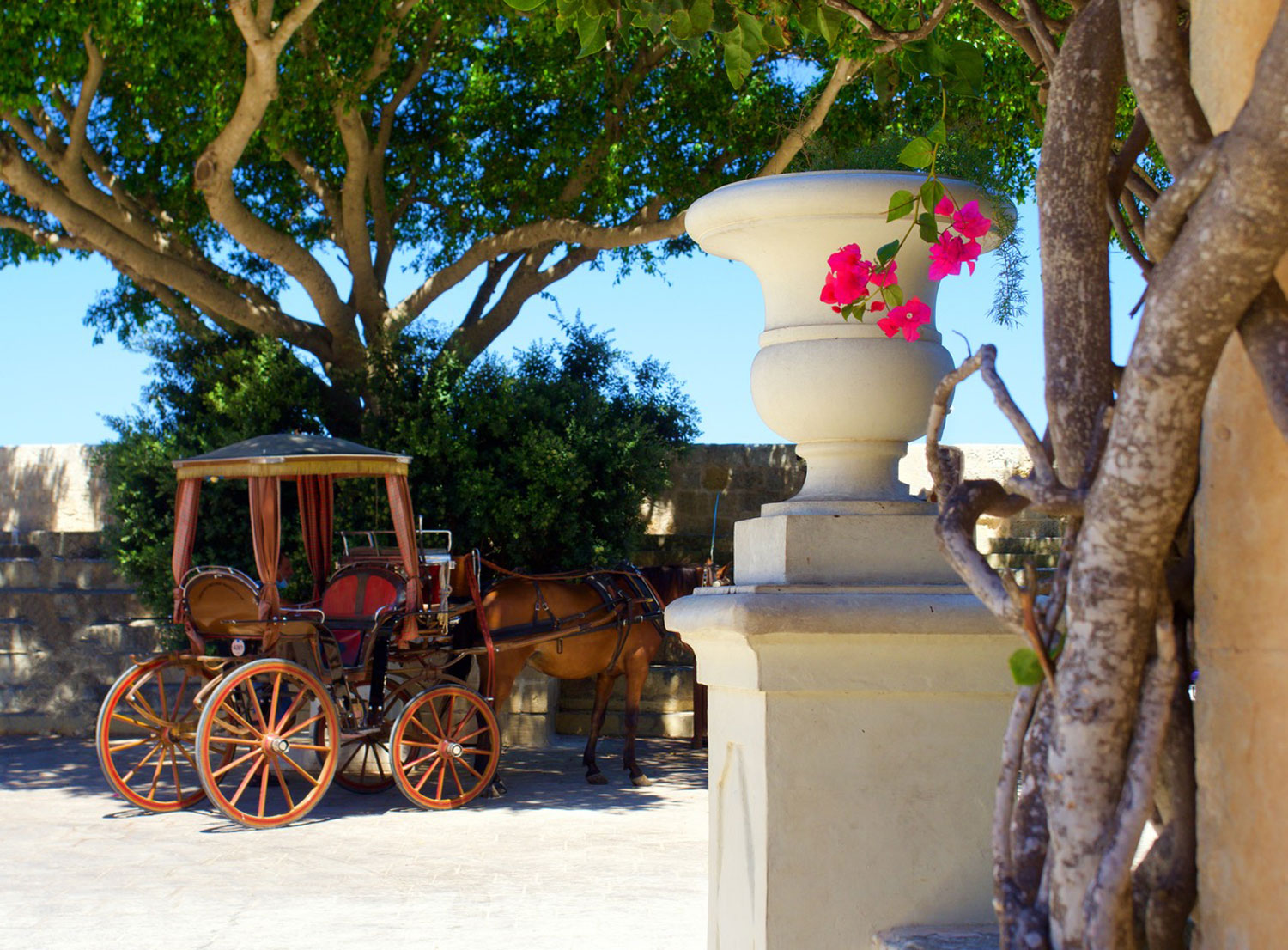
Coping with COVID-19
As soon as we arrived, we noticed strict compliance with health regulations by Maltese citizens and business services. We felt safe during our entire stay.
Swab tests were carried out by appointment only at designated testing centres. It was very easy to obtain, we just had to call the Public Health Helpline (111). An operator took note of our personal details and gave us an appointment to the closest testing centre, three days before our scheduled flight back home.
It was really fast, simple and they were very well organized. We were able to quickly return to the dive center to continue what we came to do: scuba.
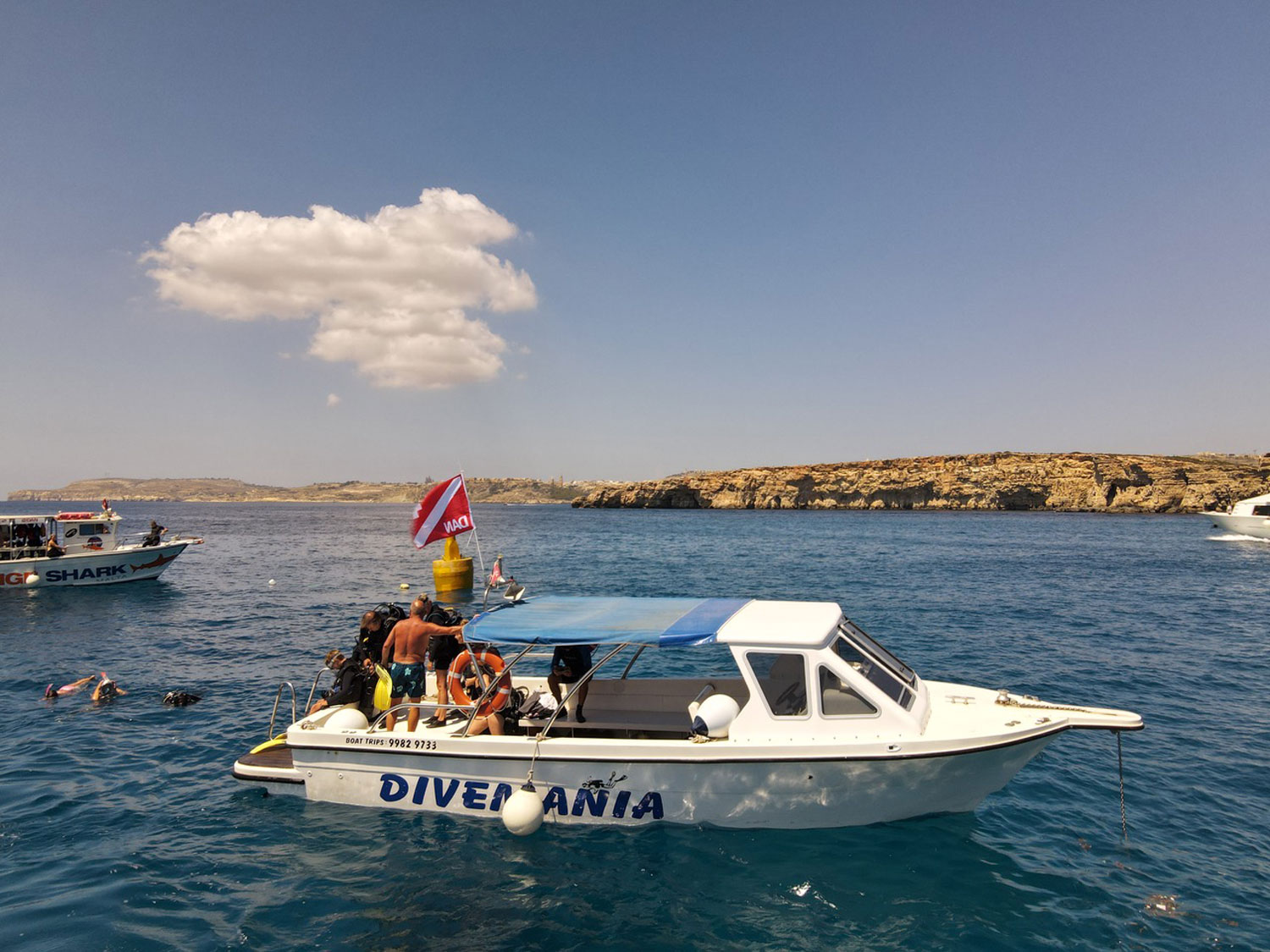
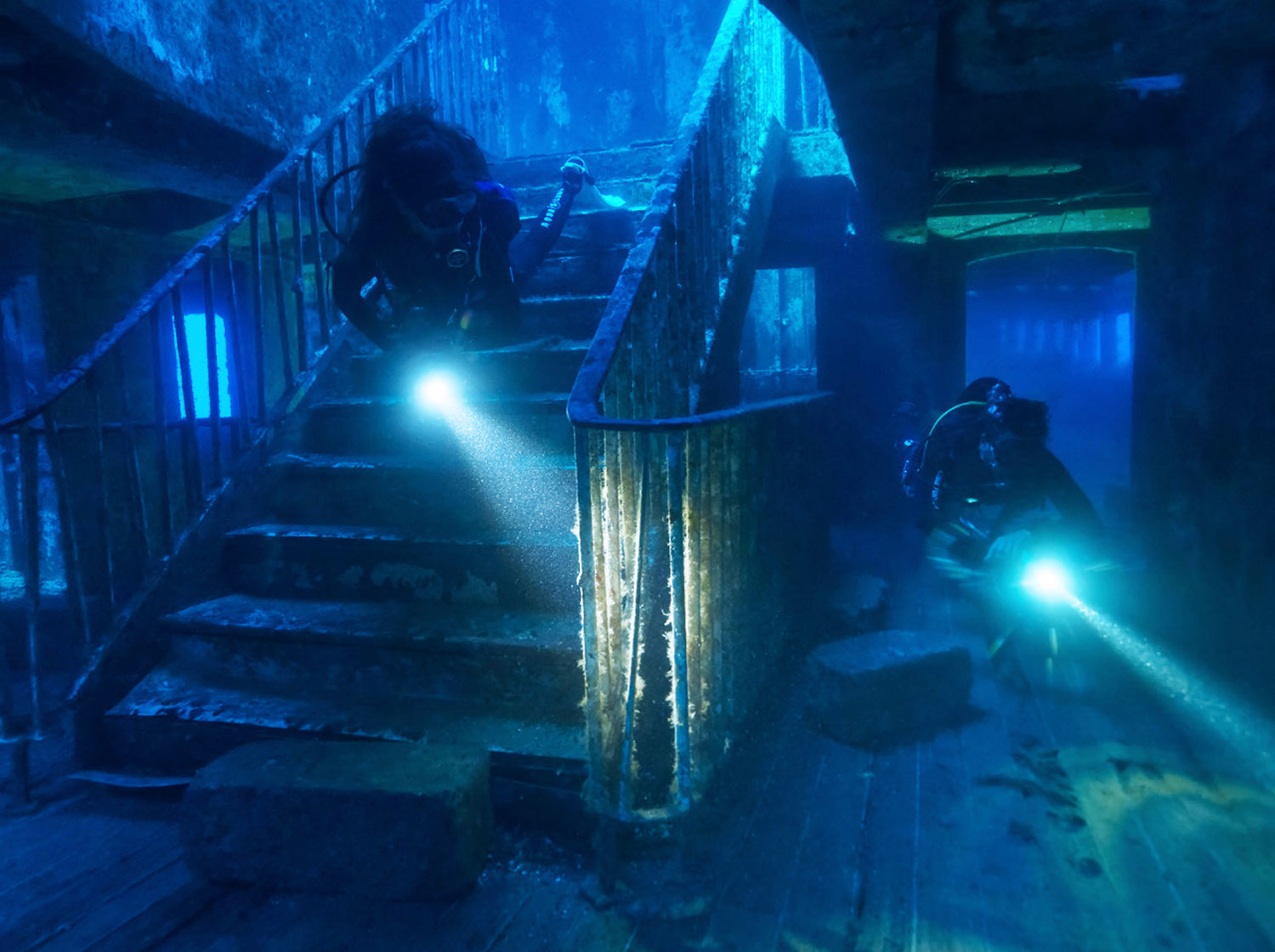
A diving paradise
If you are looking for stunning blue waters, and attractive, unique spots, not only on the surface but also below it, Malta is the place for you.
The islands host over 60 professional diving centers, which are known by their excellence and high-quality assistance. Some of the best-known dive sites are the worldwide famous Blue Hole, and the unique Inland Sea, both in Dwejra. Famous shipwrecks include the Um El Faroud, the MV Karwela, and plenty of others.
In terms of marine life, we were able to observe some of the typical creatures that inhabit the Mediterranean, such as barracudas, moray eels, groupers, octopuses, cuttlefish, and nudibranchs.
We want to emphasize the impressive water visibility, surely the best we have found in the Mediterranean Sea. We should add to the list several underwater caves, natural wonders that really take your breath away, as well as epic shipwrecks. Yes, it seems that Malta really has them all.
This trip exceeded our expectations. Way before we left, we already wanted to go back!
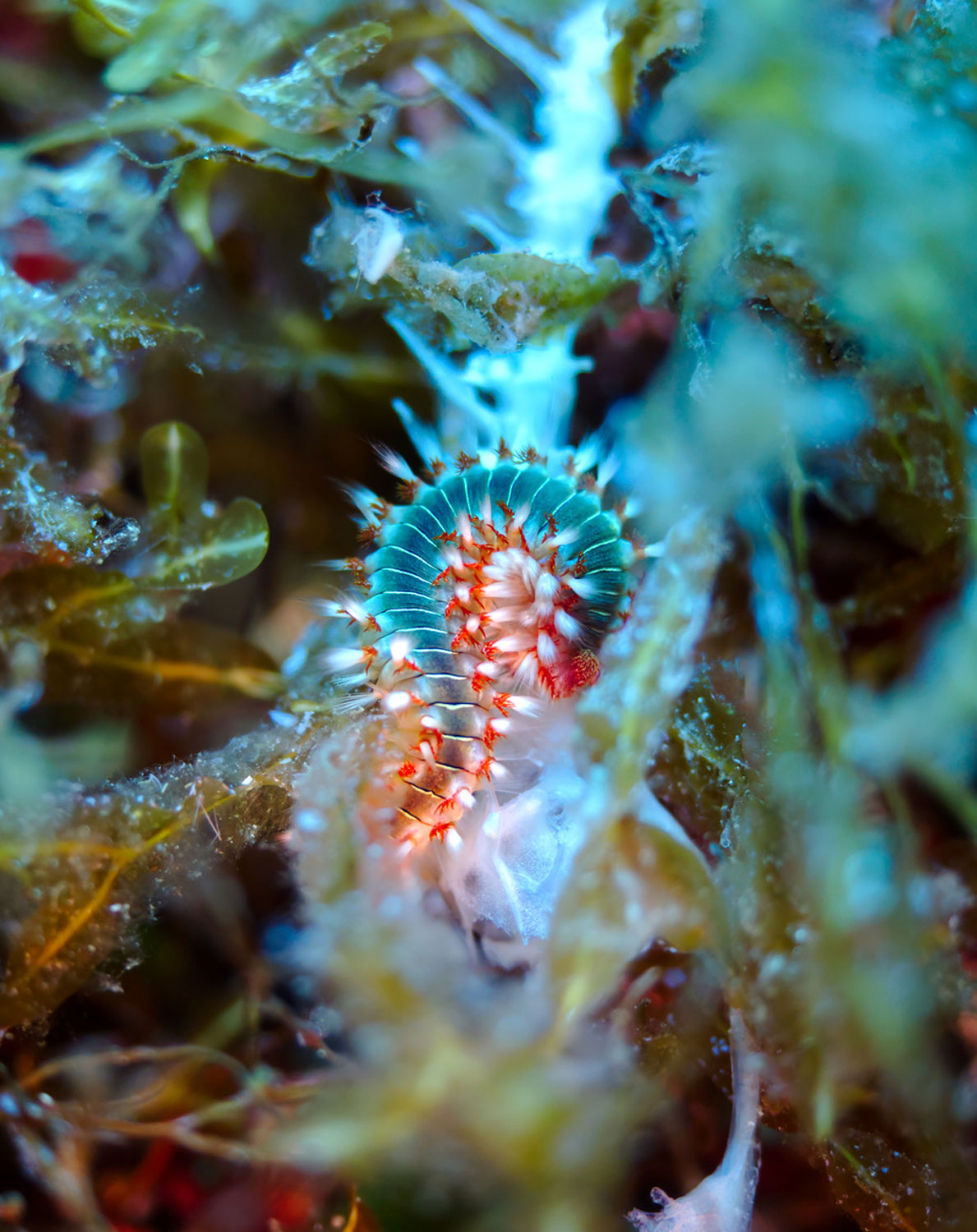
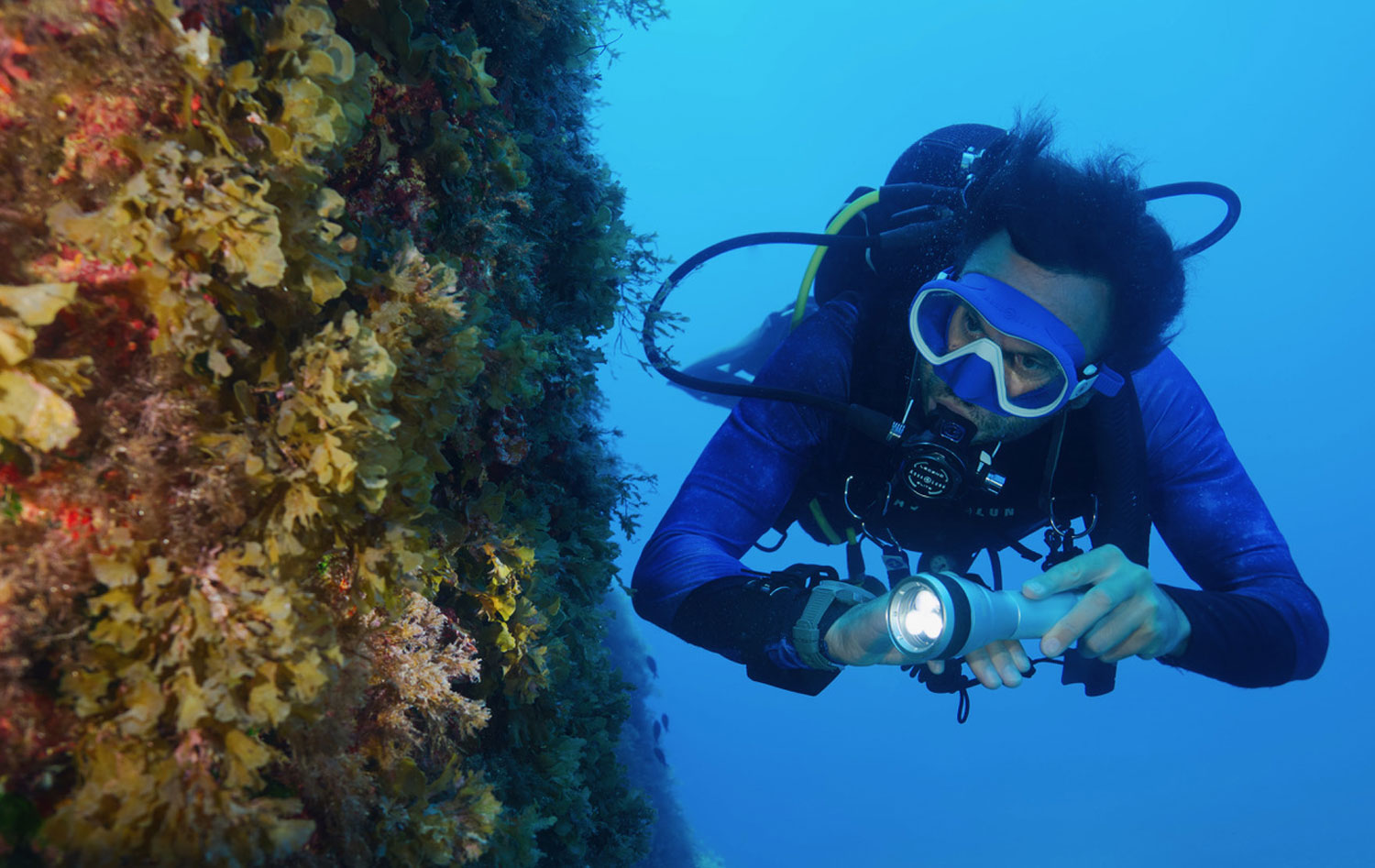
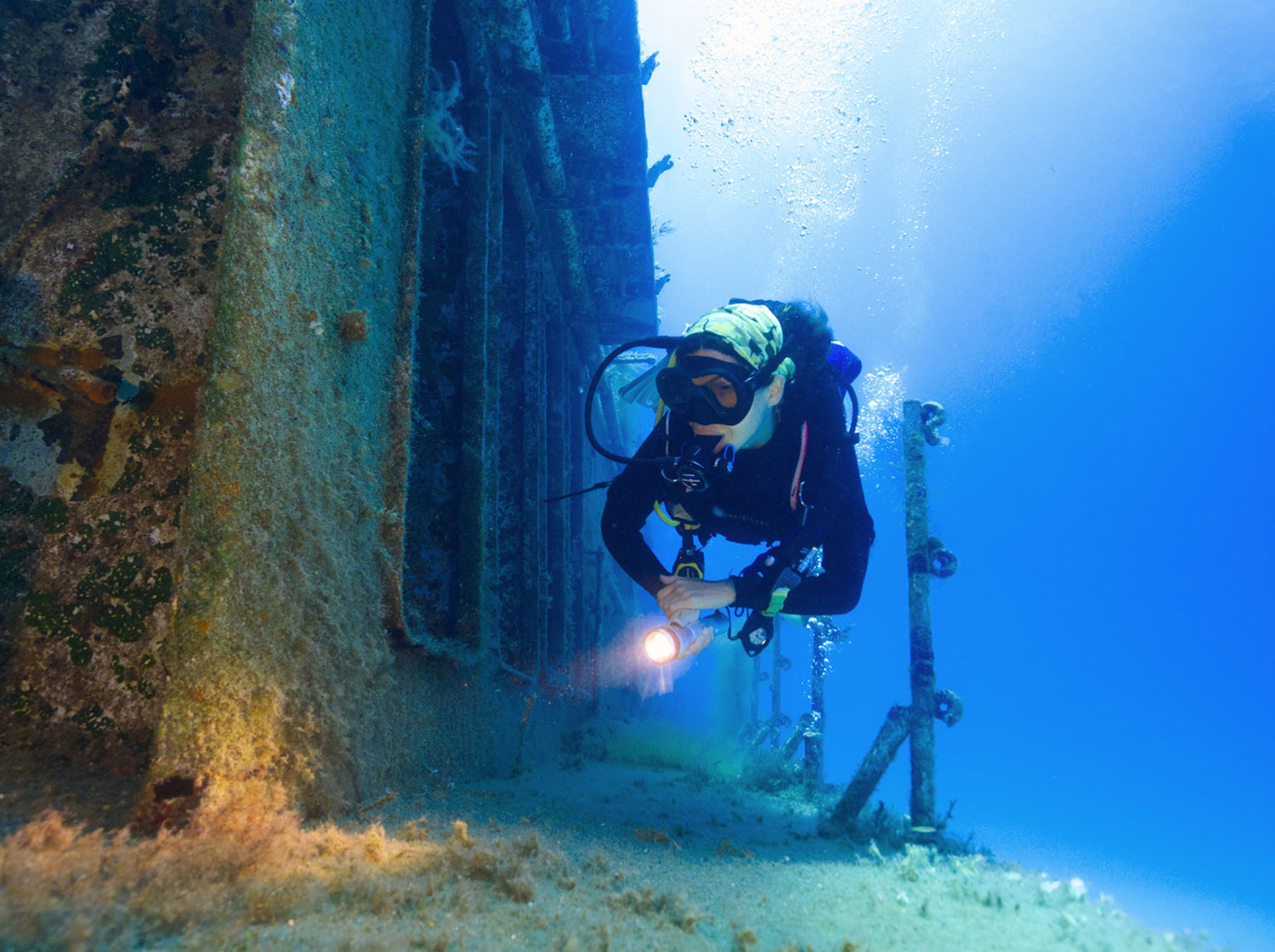
Before leaving make sure your DAN membership is still active. If it isn't, join DAN or renew your membership at www.daneurope.org.
Your DAN membership ensures the services of the biggest international network for assisting divers anywhere, during any emergency.
About the authors
Manu Bustelo is an environmental entrepreneur & MarCom specialist. He’s worked in the adventure industry for over 20 years, representing numerous brand. He currently works with Aqua Lung, PADI & DAN Europe as an Ambassador. Alana Alvarez is a Pharmacist with a huge passion for the sea & conservation. When not scuba-diving or working as a DAN Ambassador, Alana fills in her time connecting the dots between cooking and sustainable eating. They are a loving couple but above all, a team.


